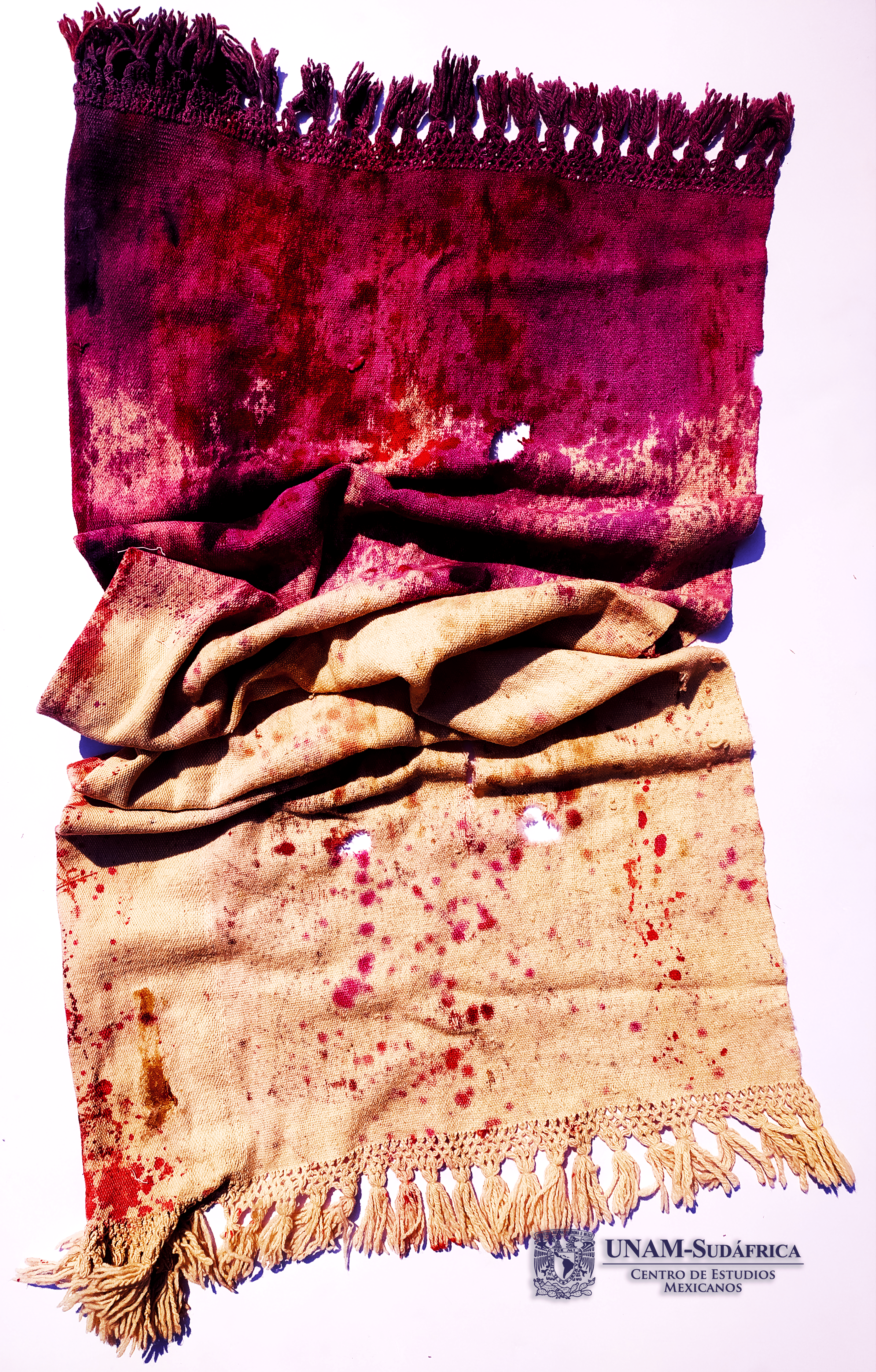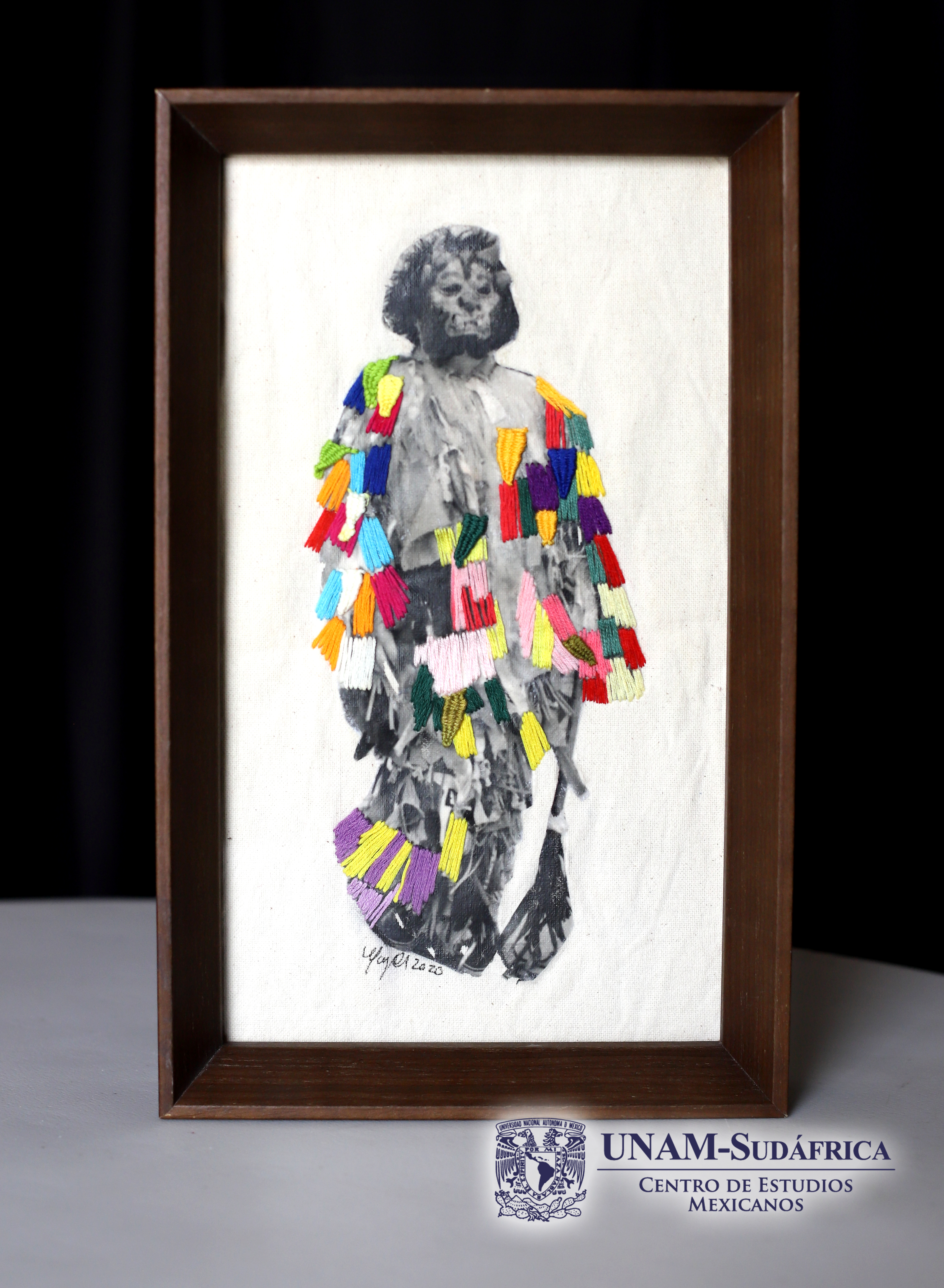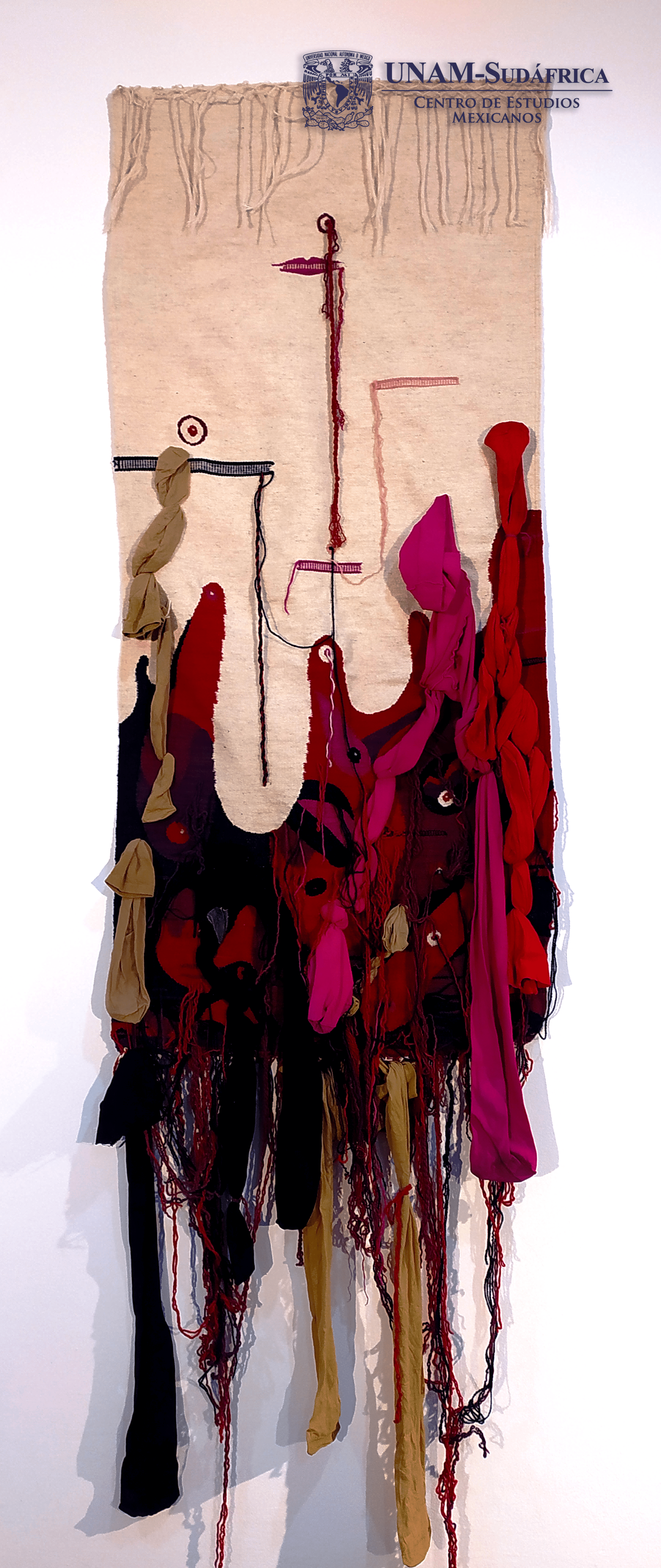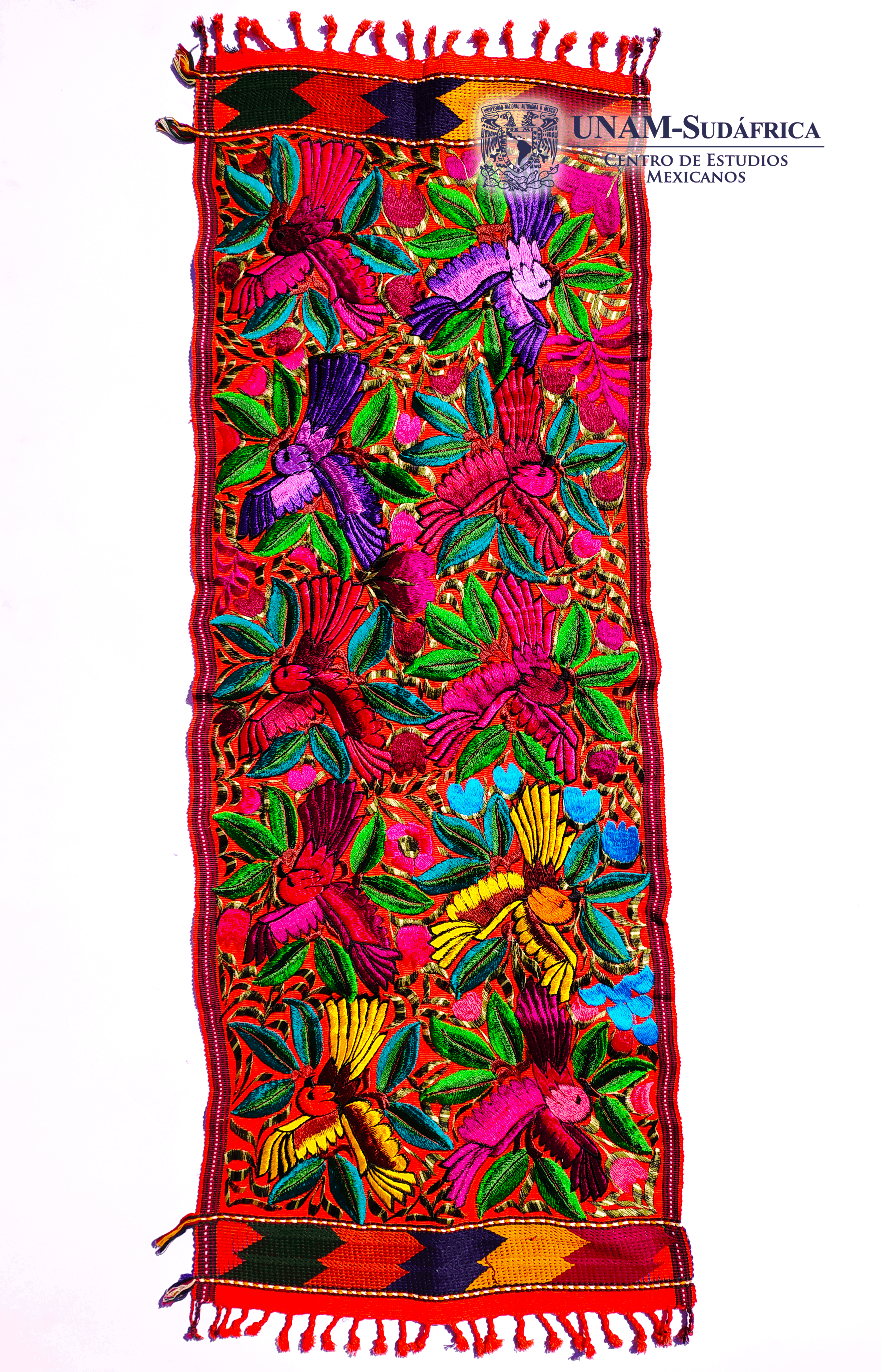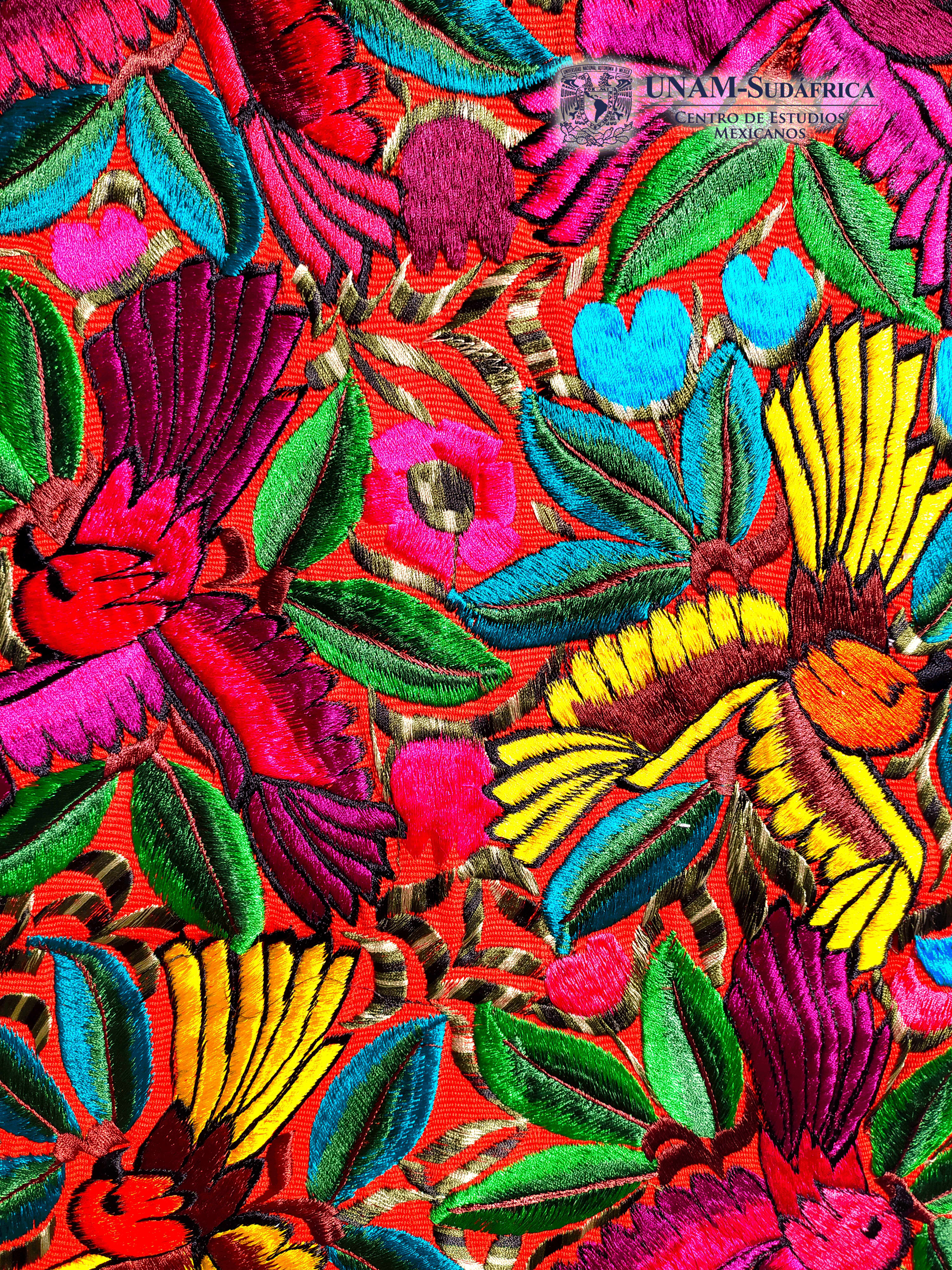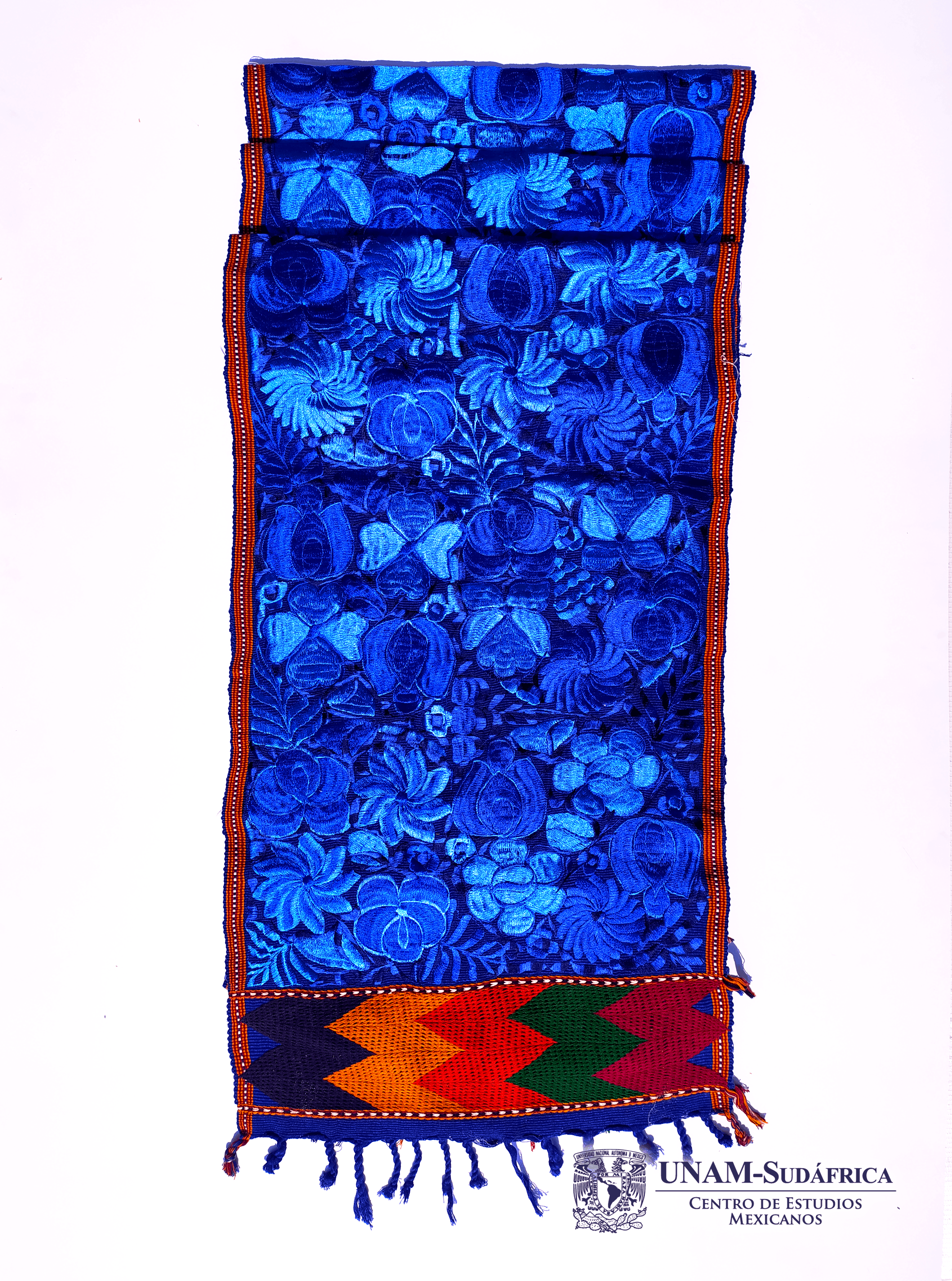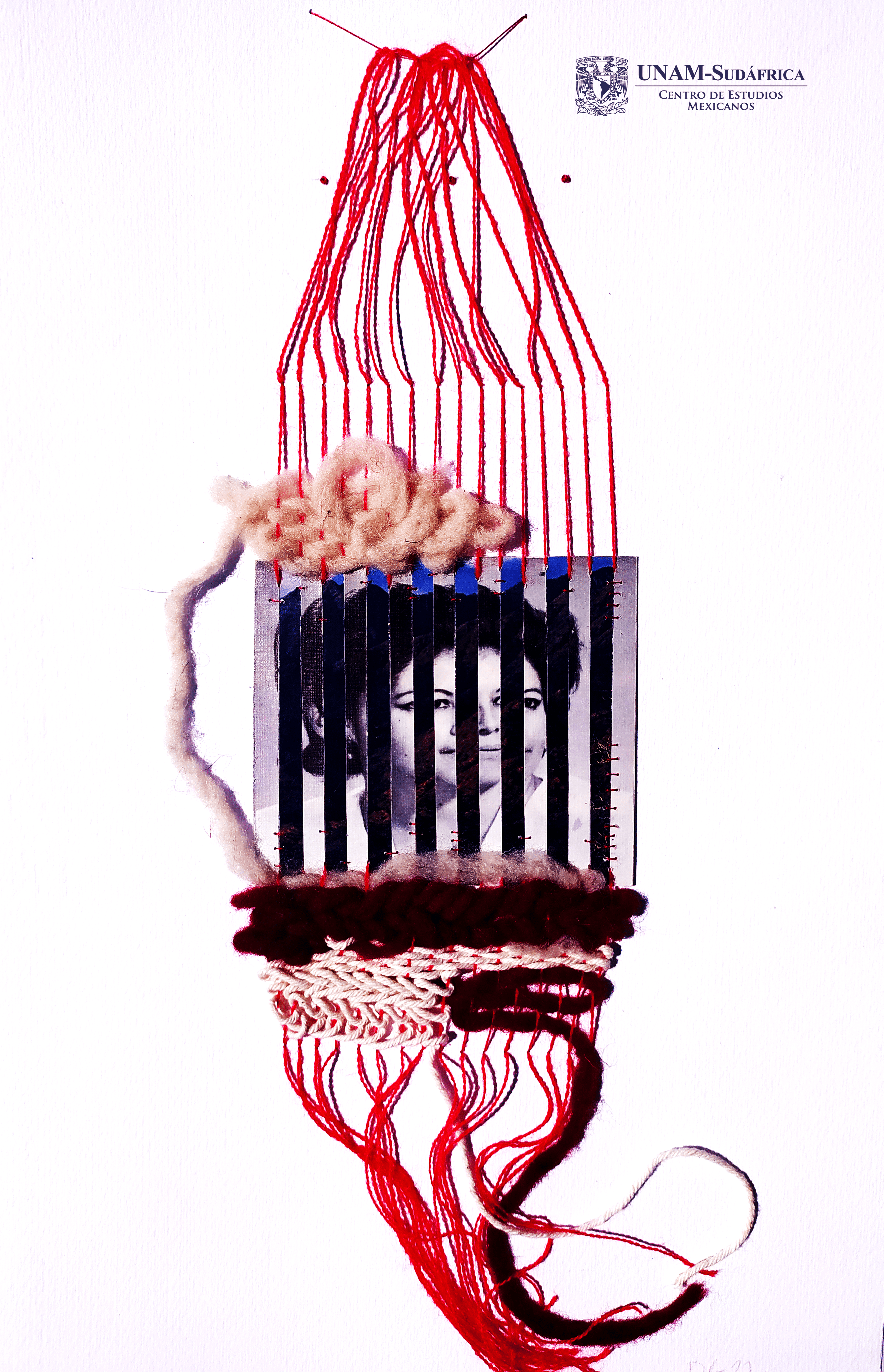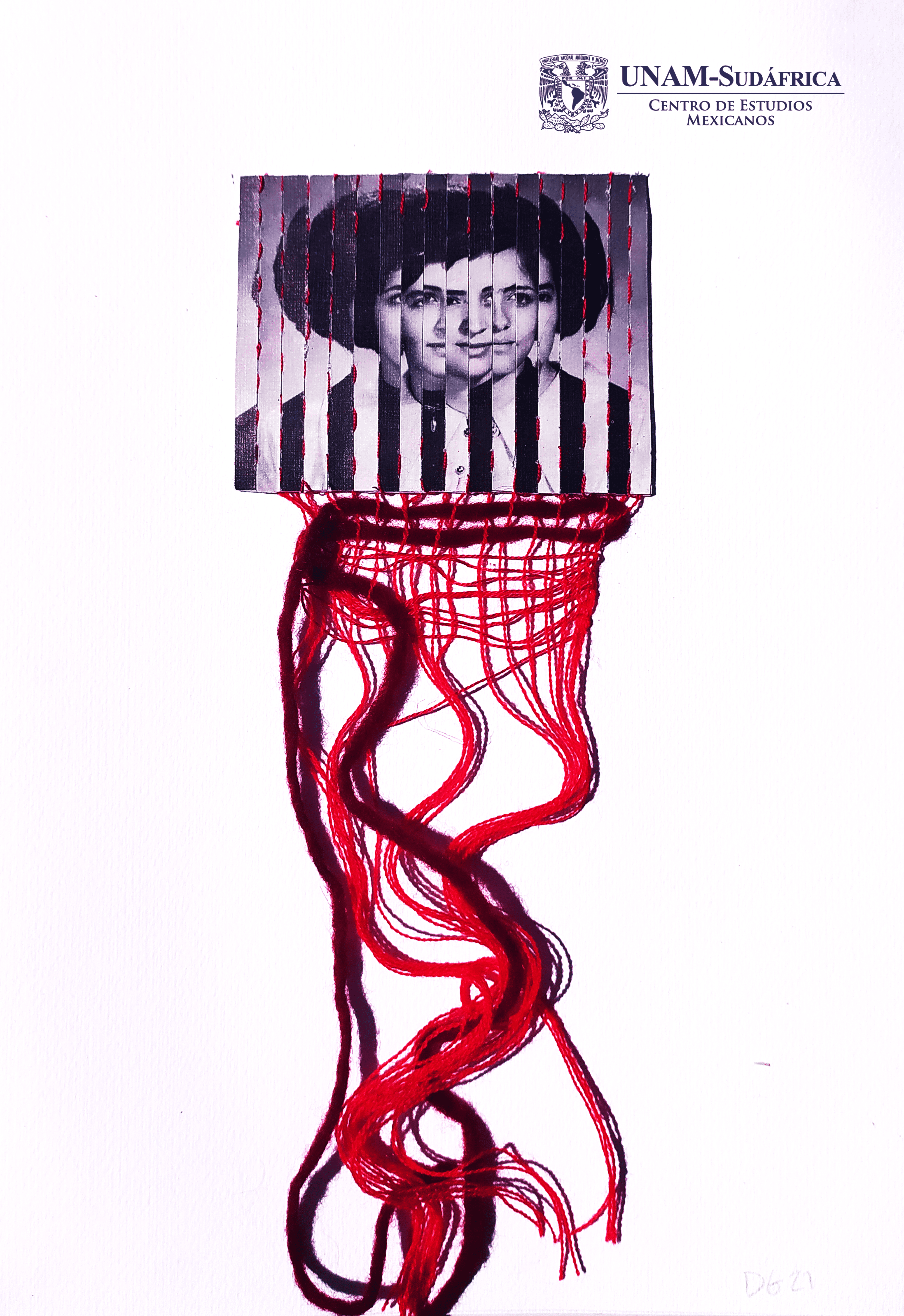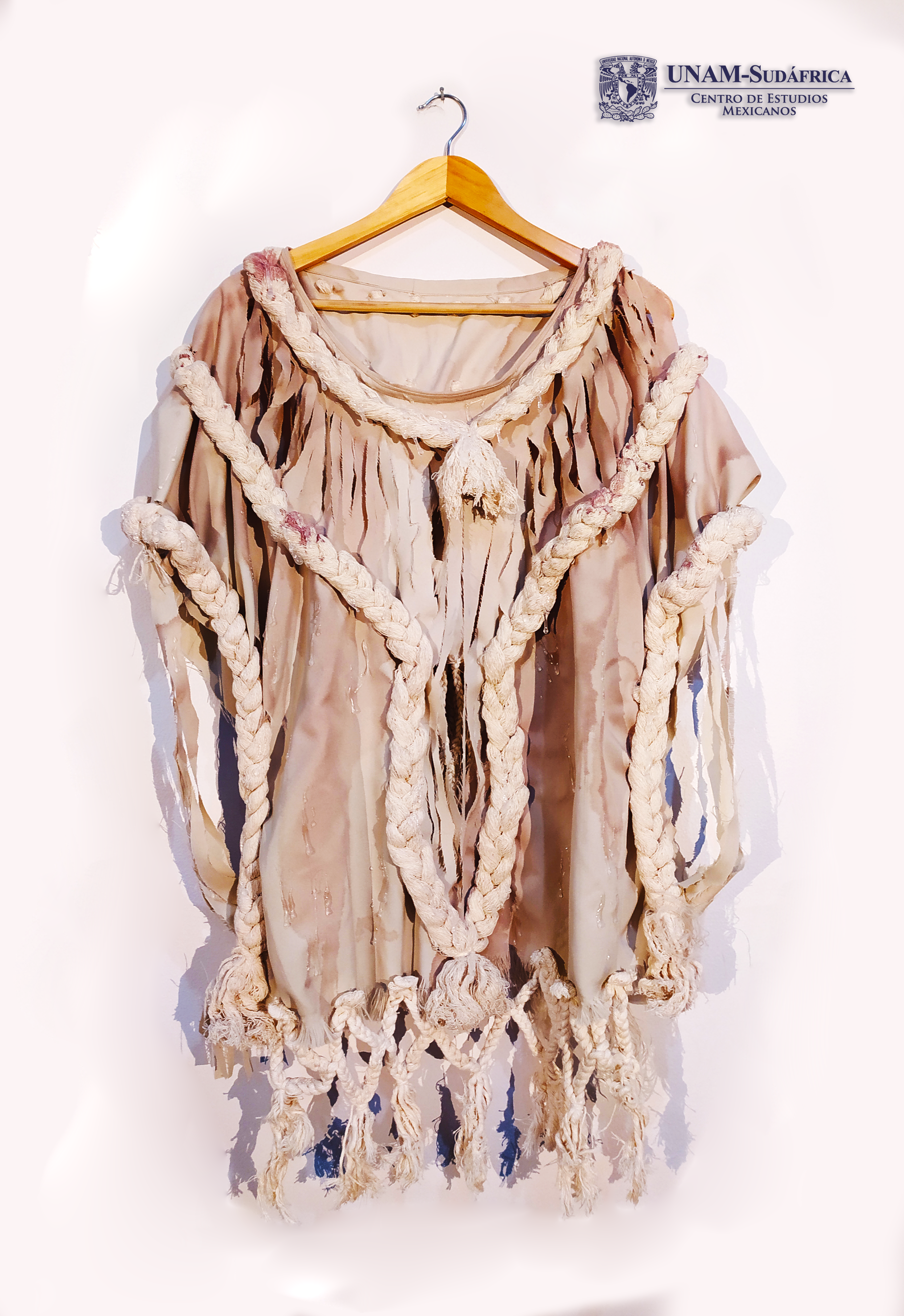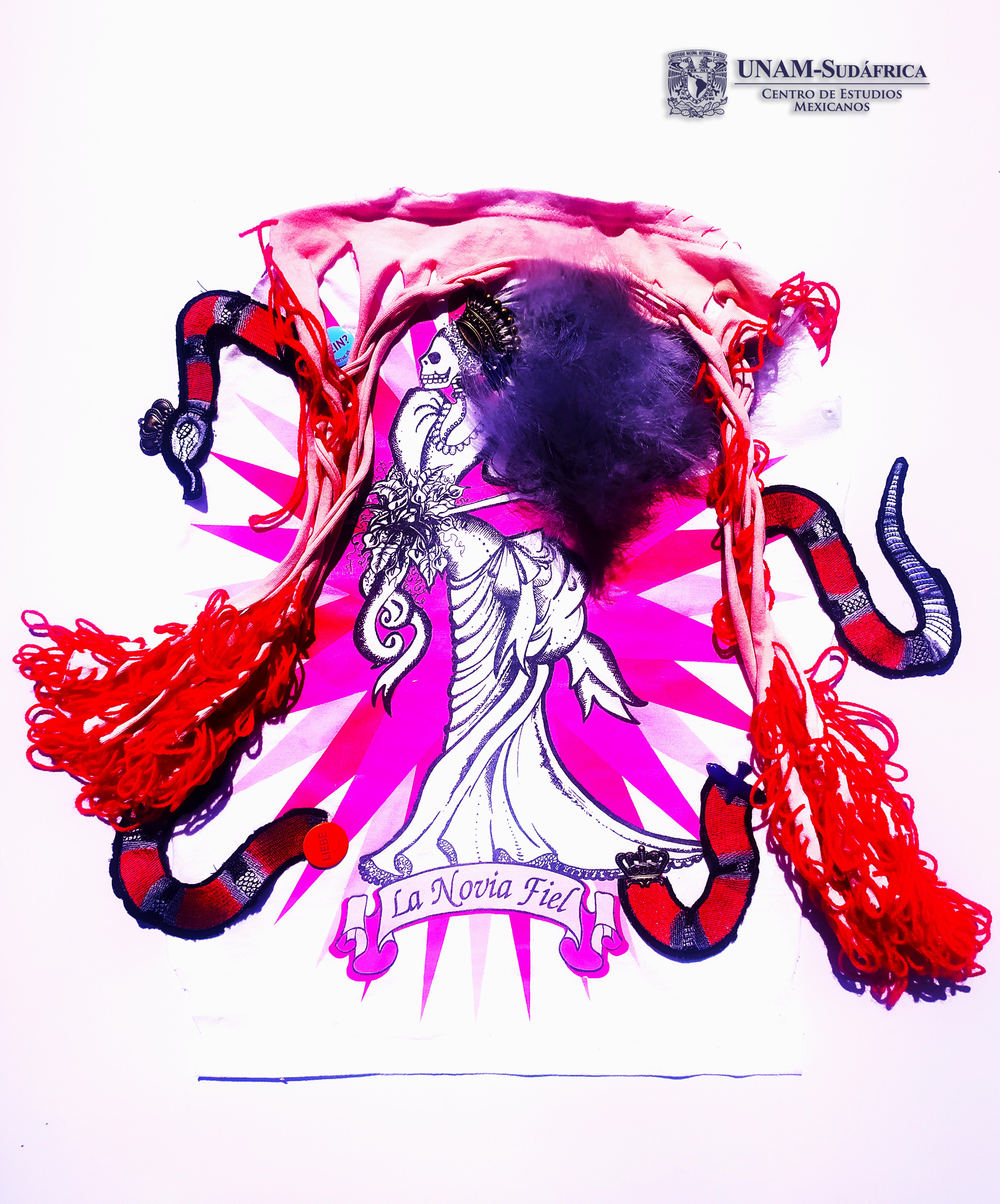
In 2018, Quiroz mentioned that "We understand resistance as a process of creation and transformation
from reevaluation, positive learning and revaluation of identity, through community organization as
part of the preservation of cultural heritage".
This is how, from the textiles, it is possible to observe the level of organization that some peoples deve-
loped in order to think about themselves to take decisions aimed at claiming their rights.
According to Dussel’s definition (2018), decolonization means "reconsider our culture, dignifying it
and making it go through a process of deconstruction of any Eurocentric teaching model".
It is for the above, the identity that the textiles made by traditional weavers protect is not necessarily
damaged by using new techniques or instruments such as the sewing machine. Like any culture, this is
transformed resulting in the creation of objects different from the previous ones, without losing the es-
sence necessary for it to continue to belong to its creators. In textiles it applies to the use of industrial
fabrics and threads.
Despite the above, other organizations have chosen to resist the integration of industrial materials, main-
taining processes and elements with a long tradition that are manufactured locally (Zamora, 2019).
This decision becomes relevant since the manufacture of a single textile becomes more complicated and
time consuming, however, it harbors history and connection with the territory, which for some increases
the symbolic value of the piece.


